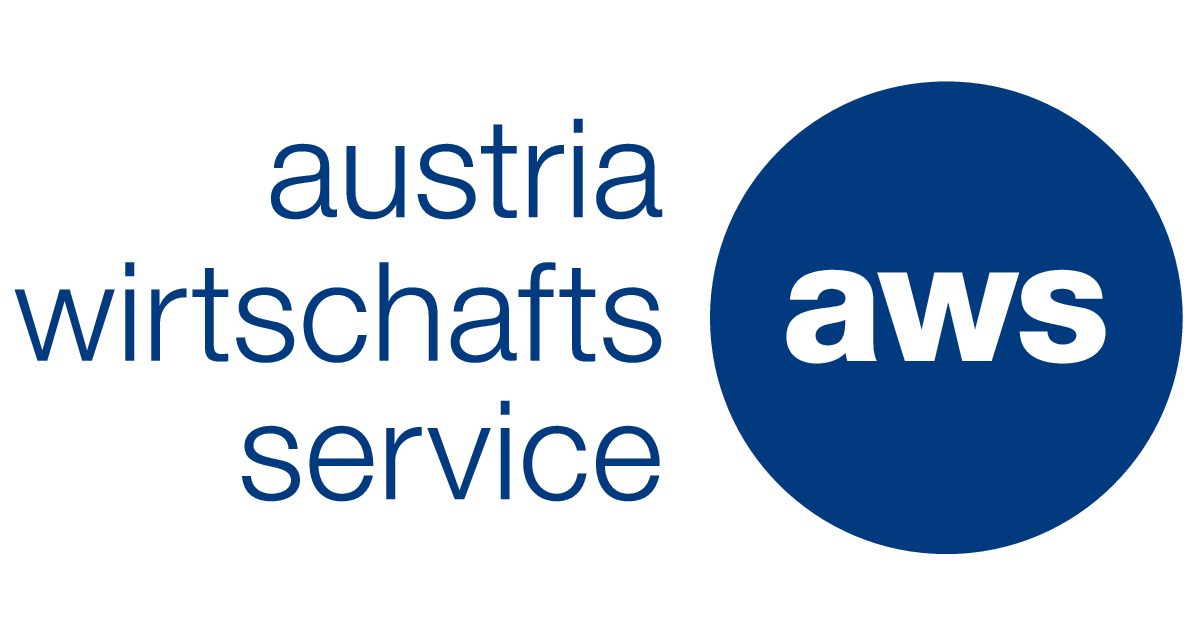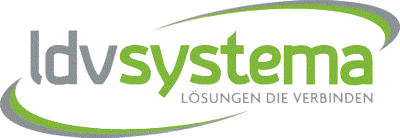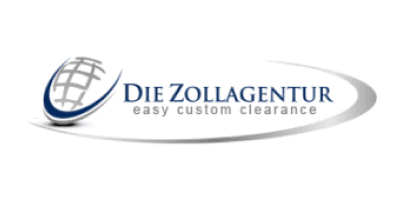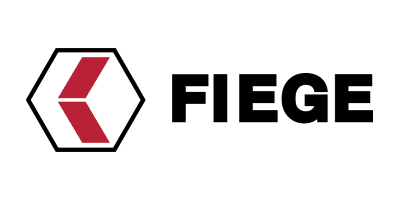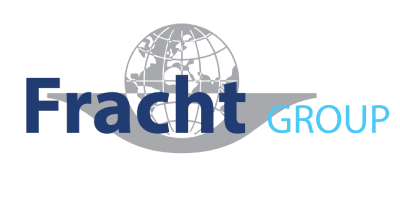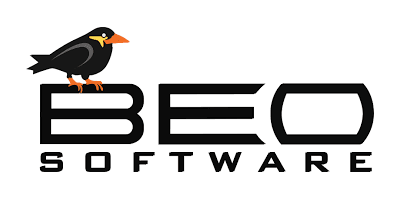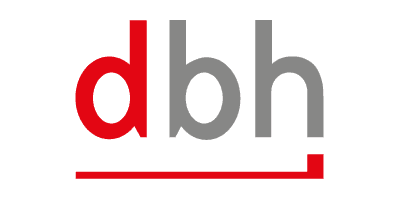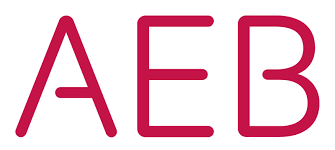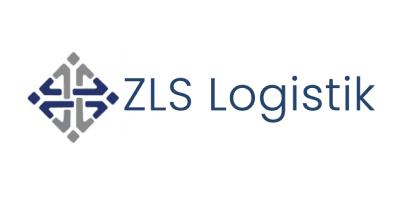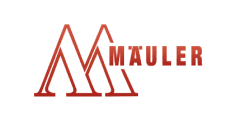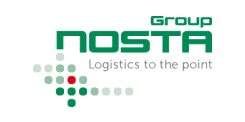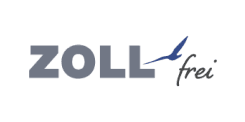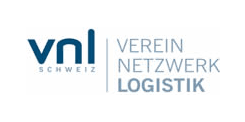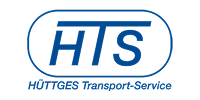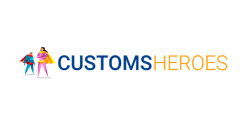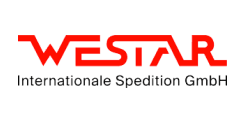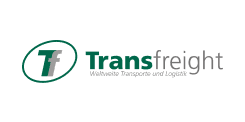EU AI Act: What Challenges Do We Face? Part 2
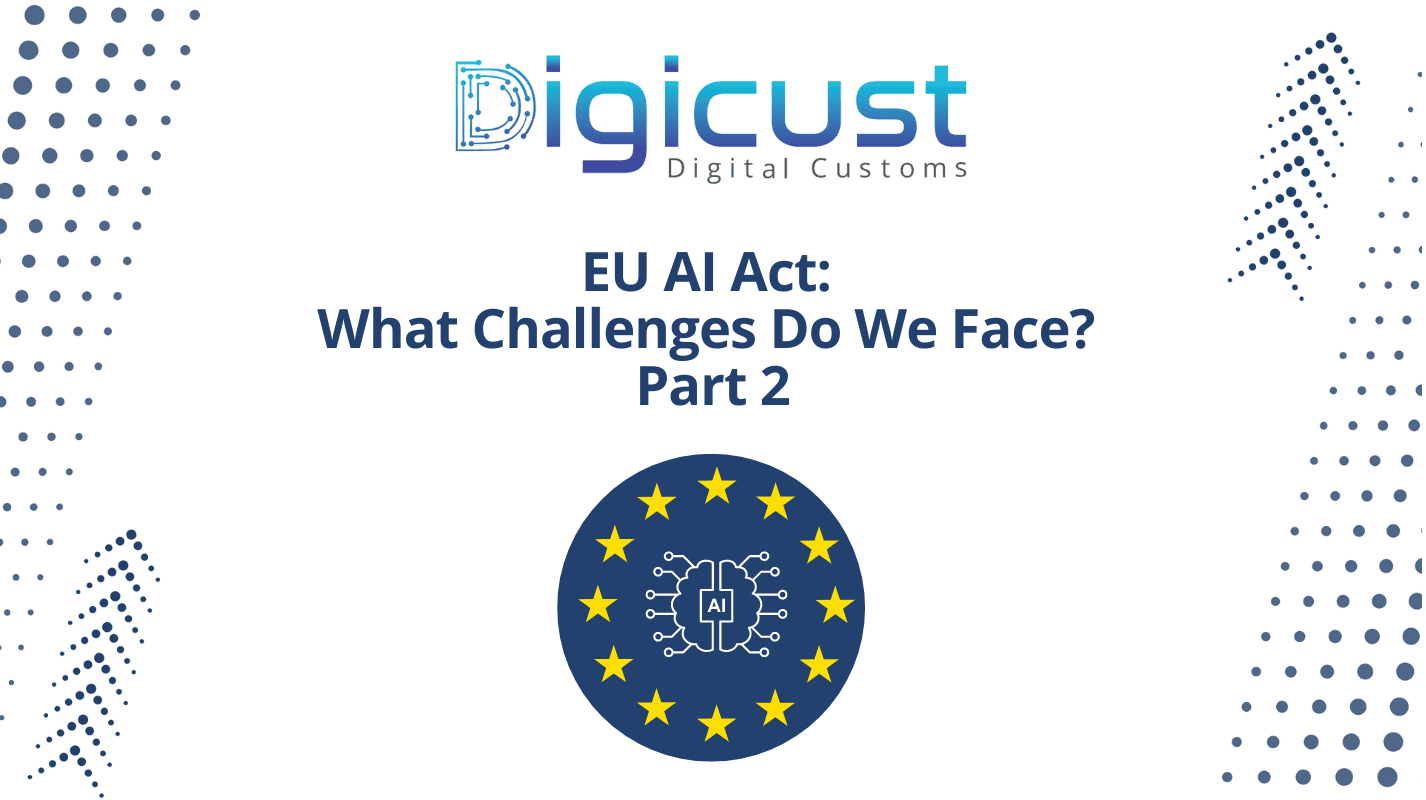
In the first part, we talked about which legal aspects are already affected. This time, we will talk about what requirements start-ups will have to face in the future.
The AI Act has not yet been finally passed, but startups that have ambitious plans regarding artificial intelligence should already deal with some requirements now.
While regulation can foster innovation, strict rules and burdensome registration and review processes can make it difficult for startups and SMEs to access the market. This is particularly the case in the financial sector. Many AI applications that are considered cutting-edge could fall under the "high-risk" category of the AI Act. The bill places particular emphasis on regulating these high-risk systems. The third-party conformity assessment required for commissioning and marketing requires intensive legal and technical preparation on the part of AI providers. In the case of self-learning AI systems, such an assessment must be carried out regularly, which imposes additional burdens.
The Council opinion seeks to limit the expansion of the "high-risk" category through additional requirements for serious violations of fundamental rights or other significant risks. In addition, SMEs and start-ups could benefit from planned simplifications in procedures and technical requirements.
Looking at the AI Liability Directive Another important aspect is the question of what happens if a chatbot provides false information and thus causes actual harm? What if an AI system is biased and discriminates against certain groups of people in the application process or if people are harmed by the use of intelligent surgical robots?
The European Commission has recognised these risks and in September presented a proposal for a directive on AI liability. The so-called AI Liability Directive is intended to complement the AI Act and create an effective system of non-contractual and fault-based civil liability, especially for high-risk AI systems. The combination of presumption rules and disclosure obligations is intended to facilitate the enforceability of liability cases.
Liability before the implementation of the AI Liability Directive. It will take some time before the AI Liability Directive is adopted at EU level and then implemented in national member states. Nevertheless, companies should already consider the liability risks now.
In the next part we will talk about the future challenges and opportunities so stay tuned!

Watch the full webinar here
You missed our webinar? You can watch the full video here.
News from our Blog
Learn about customs clearance, foreign trade, our product updates and our latest achievements.

